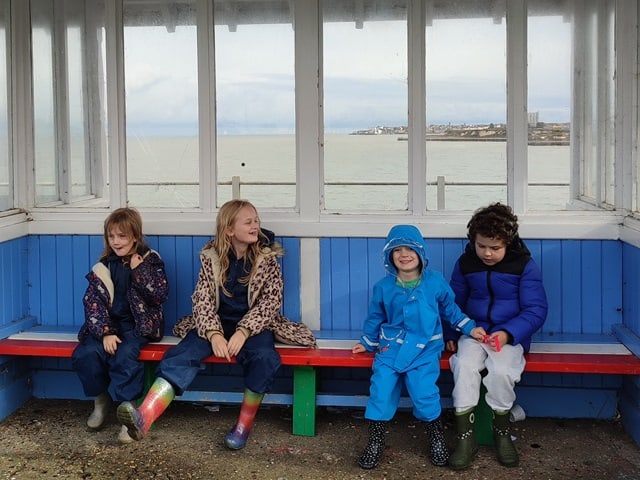
Claire Campbell is a Thanet mum-of-three and until recently was an SEN teacher working in a specialist school in Broadstairs where all children are autistic with complex learning needs.
She is also PA for Beau, taking him out at weekends or in school holidays to support his mum getting respite and the youngster accessing activities.
Her monthly column aims to raise awareness and cultivate change:
As October draws to an end, families recover from the disarray of the clocks going back and adjust to a new term beginning.
Having just had a half term break, we have spent some time with Beau and time meeting up with other families with autistic children. This is such an embedded part of our family life now that whether Beau is with us or not, I look for inclusion, I search for diversity and I spot neuro divergence. I am always considering a space in terms of its accessibility and offer to these groups. Like a tint to my glasses that cannot be removed, it is through these eyes that I now see the world.
As I find more and more spaces that offer inclusive activities for children with SEND, I come to realise that community is not so much about spaces as much as it is about people. It is all well and good to have spaces that you know you can explore safely and conveniently with your children but what may be missing is the sense of community you get from feeling included by and engaging with other people. People to listen, people to share, people to understand and people to empathise.
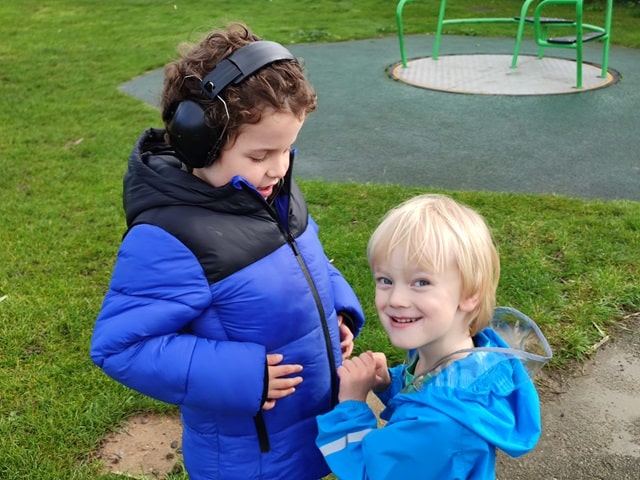
I realise how much of a comfort it is to visit a space with Beau along with another mum friend who has two autistic children. We are unable to necessarily do anything physically to help the other out when we do this as I have my hands full with my own children and Beau, and she has her hands full with her own children. So, it is not the ‘having help’ that makes their presence so nice, it is just that they understand. We barely get to chat at all because our attention is constantly being needed in various places at every given second but we can trust each other to move between the children as they choose to group and play and we can laugh when a child manages to soak themselves in a puddle, or feel validated at ‘letting something go’ as you watch another parent battle similar choices.
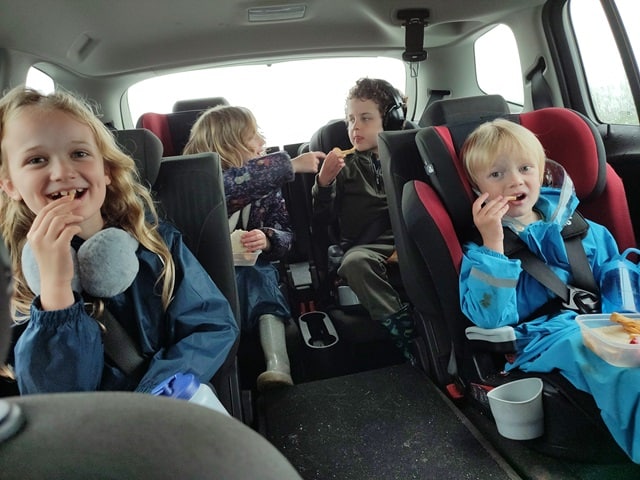
We all belong to many different communities through different sections of our lives. It may be family groups, groups from a shared hobby or interest, groups from a parent toddler group etc. As I consider these groups in my own life, this reinforces my thoughts that it is the people that are important. I feel a strong sense of community in the women’s Morris side that I dance for and I also feel this from the group of parents of my eldest daughter’s class. In both these examples place is not important or even relevant at all.
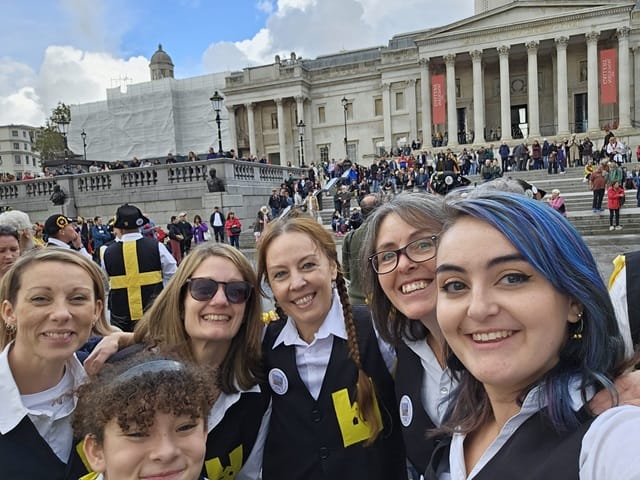
When I dance and play music with the group of women that make up the Wantsum Women, this happens in village halls, church halls, occasionally people’s gardens. It can be a freezing hall that has barely warmed up by the time we leave but this is not important because what is important is us all being together, the conversation, the music shared, the connection through dancing, the laughter when we make mistakes, the stories this triggers, recalling previous shared experiences or remembering mutual acquaintances through this shared hobby.
When it comes to the lovely parents from my daughter’s class, there is not a physical space at all for the community we have built. It is sharing messages to remind each other of swimming kits, non-uniform, deadlines etc, shared good mornings and knowing smiles as we dash around on the school run, it is offers of meet ups or support in picking up children or offering lifts when needed. This is a huge comfort and logistically incredibly useful when bringing in wellies for Forest School managed to slip your mind when you are working your way through a mile long list of things to get all children where they need to be in the morning.
So it is both of these that I would like to consider for parents with children with SEND. For parents whose children attend a specialist setting in order to meet their child’s needs, there are many things that may prevent these parents from being able to access a supportive parent community. Your child may be placed in a school to meet their needs that is not particularly close to where you live in which case it is likely that your child will be offered transport to their school. Parents in this position will not build those incidental conversations or regular little and often contact with other parents whether it be just a wave or a smile. They may not ever meet another parent from their child’s class. This is made less likely again as class sizes are much smaller in special schools. Even if you do live within walking distance of your child’s school and you are able to drop them off or pick them up, you may be one of only two or three parents that do this and so the opportunity to build connections is much less.
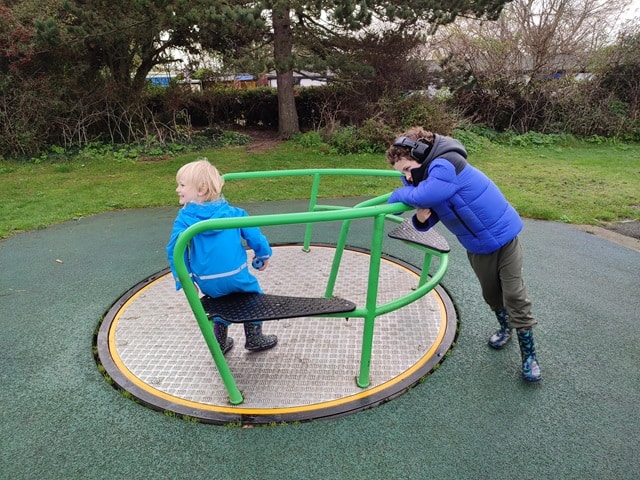
I know that it is with a great deal of privilege that my husband and I are able to go out each week to pursue hobbies and that this is not going to be something that all SEND parents are able to do. The great long list that exists for all parents can be infinitely longer for parents with children with SEND. There are situations where parents are unable to leave their children with others even just for an hour or two as that safe and trusting relationship only exists with the parents and it hasn’t been possible to have that elsewhere.
So the barriers that exist are actually limiting access to other people. To the human interaction and connection that we all need. Over the next couple of months I would like to explore possible ways to provide opportunities for these interactions and as always if you have any suggestions or thoughts on this I would love to hear them in the comments.

